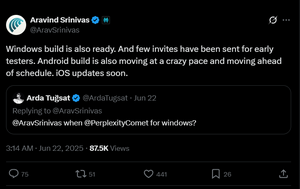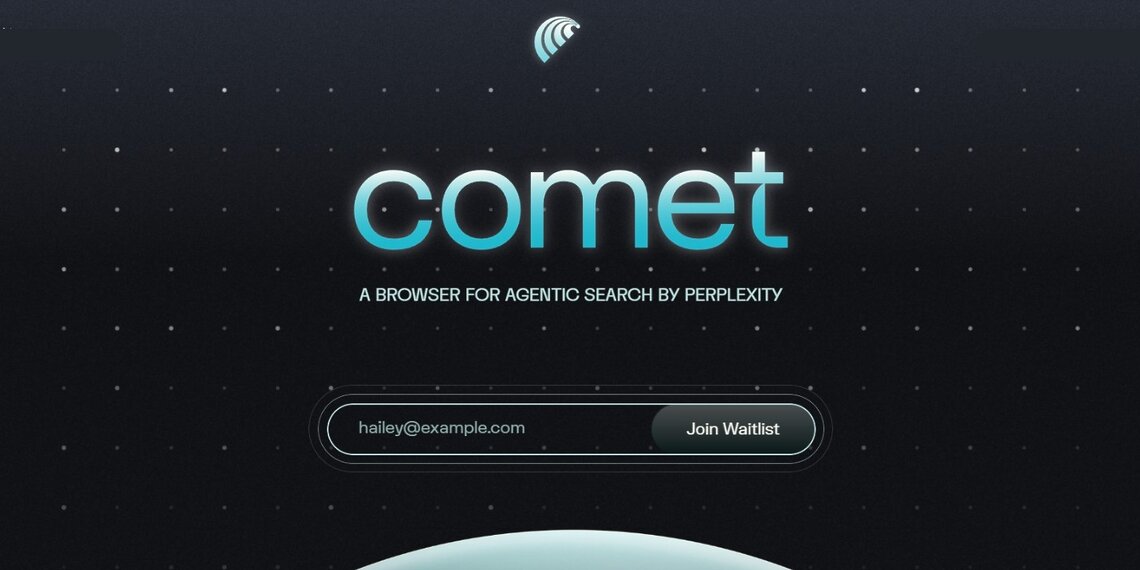Perplexity is expanding the testing of its AI-powered browser, Comet, to select Windows users. This follows the initial beta release for macOS users with Apple Silicon chips in May. CEO Aravind Srinivas announced the availability for Windows testers, with an Android version also in development.
Comet is designed with integrated AI features, distinguishing it from traditional browsers. It aims to provide a more conversational search experience, offering concise answers and sourced information, similar to Google’s AI Mode. Key features include an ad blocker, a summarize button, and an “Ask Button” for contextual information across open web pages. A Gmail connector enables users to ask questions about their emails and calendars.
One notable feature is the “try-on” option for clothing, allowing users to upload a photo and virtually try on selected outfits. Perplexity has not yet announced an official release date for Comet, but Srinivas has hinted at a broader rollout soon.
The browser’s AI capabilities aim to streamline online interactions, helping users find discounts, manage emails, and perform other tasks directly within the browser. This approach seeks to reduce the need to switch between multiple apps and tabs.
While the AI integration offers enhanced functionality, there have been some concerns about user privacy. Comments from Srinivas about collecting data outside the app sparked debate, but he later clarified that users will have the option to opt out of personalization for targeted advertising.
Comet enters a competitive market with other AI-driven browsers, including Opera Neon and AI features from Google and Microsoft. However, Comet’s core design focuses on embedding AI directly into the browsing experience, potentially setting it apart from competitors that offer AI as add-on features.










